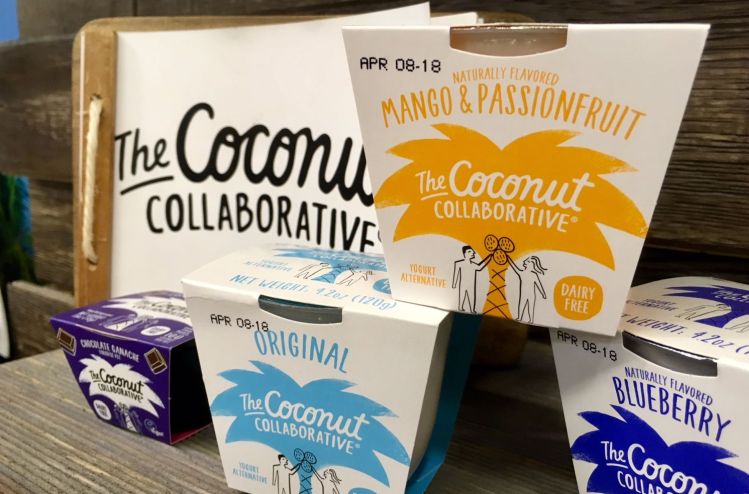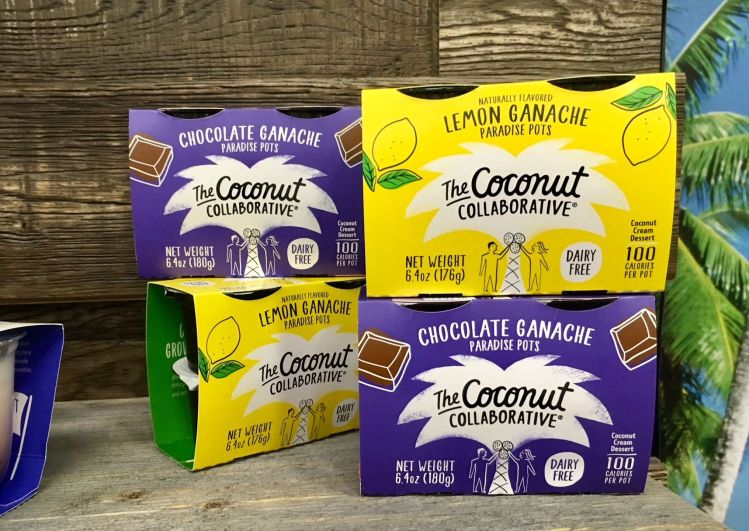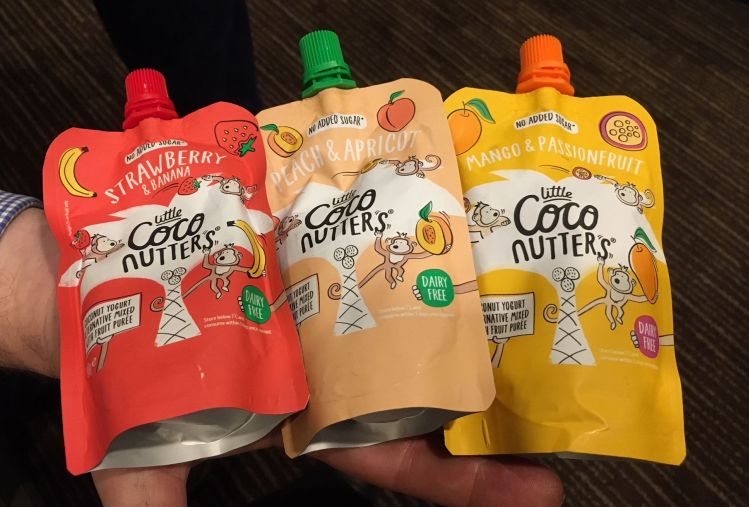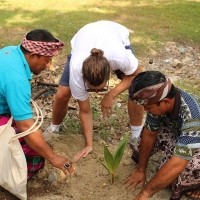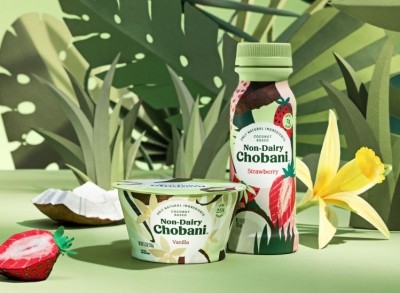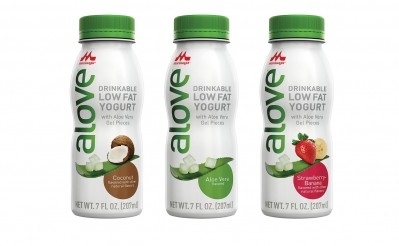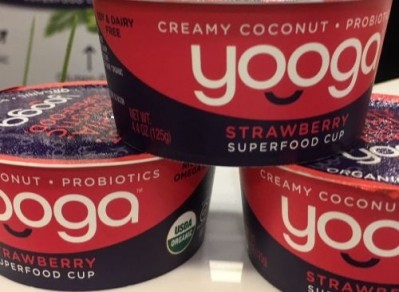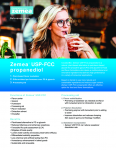The Coconut Collaborative: ‘We see the plant-based yogurt category just exploding'
Founded in 2014 by Edward’s twin brother James – who is something of a legend in the British food industry after founding upmarket chocolate dessert brand Gü and selling it six years later for a reported £32m – The Coconut Collaborative was an instant hit in the UK, and is now on a mission to see if it can emulate its success this side of the Atlantic.
And so far, things are looking pretty encouraging, says Averdieck, who secured his first US listings at Wegmans last November and has seen good repurchase rates for the yogurt alternatives in several accounts in the New York Metro area, which he admits was an “huge relief” given that there is no guarantee that just because something resonates in one market, it will work in another.
He also got very encouraging feedback at the Natural Products Expo West show for the brand’s dairy-free chocolate and mango mini coconut cream-based ‘paradise pots’ and ‘Little coco nutters’ pouches combining coconut yogurt and fruit puree with no added sugars and added calcium, which he says give parents some more enticing dairy-free options in the desserts category, which is still dominated by legacy brands such as Jell-O.
We have about half of the sugar of the brand leader in the coconut yogurt category
Speaking to FoodNavigator-USA from the showfloor, Averdieck said the brand uses cultures that help it achieve a creamy and indulgent taste and mouthfeel.
“We love dairy yogurts and that’s what we benchmark against,” he said. “With coconut you can make a plant-based yogurt taste as good or better than a dairy equivalent. We absolutely see this category just exploding if you can make the products taste good.”
He added: “What’ve we’ve tried to do is create a very whipped creamy texture which is quite unique… very low in sugar, about half of the sugar of the brand leader in the coconut yogurt category [5-7g sugar/serving vs 12-24g in other brands].”
I like dairy myself and love cream in my porridge
As for the branding, while many natural and organic brands have adopted cleaner, brighter, more accessible packaging to broaden their appeal and started injecting more fun into healthy or better for you products, some ‘free-from’ brands can still be a little virtuous in their branding and marketing, which can restrict the audience, he said.
At Coconut Collaborative, by contrast, taste is king, and the products are for everyone (they taste amazing and happen to be dairy-free and lower in sugar).
“The vegan and lactose intolerant markets are important constituents and they’ve definitely got this market going,” said Averdieck. “But I like dairy myself and love cream in my porridge, and like many people I like going dairy free one or two days a week, and I think to do that you’ve got to break out of this kind of virtuous market.
“If you confine something to the vegan market, it’s a great niche to be in, but it’s never going to be mass market, so branding needs to be engaging and fun in this market, so we have a saying, we call it free from dairy, but not from temptation [thus the Adam and Eve branding].”
Available in original, mango and passionfruit, blueberry, and vanilla in the US, The Coconut Collaborative yogurts contain 5-7g sugar and are made from coconut milk, tapioca and potato starch, pectin, and non-dairy cultures.
The smaller, but more indulgent, paradise pots - in chocolate ganache and lemon ganache SKUs - contain 5-8g sugar and are made with coconut cream.
The Coconut Collaborative works with PUR Projet to give coconut seedlings to farmers in the Philippines and North Bali, says the company: "These locals farmers then plant them and boom – five years later they’ve got a tree loaded with coconuts. They’re then free to sell them at markets or use them to feed their family or farmyard animals."
